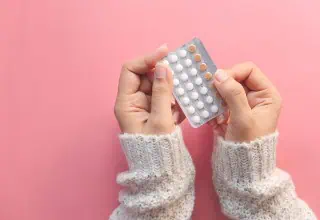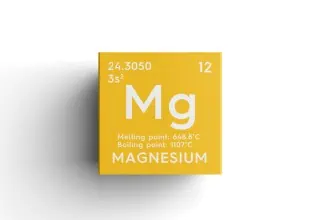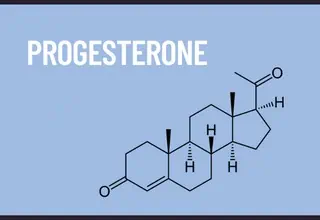Which Types of Birth Control Cause Weight Gain?

Hormonal birth control can negatively affect metabolic health and contribute to weight gain. Some types are more likely to do so than others.
The Power of Magnesium in Perimenopause: Natural Relief for Sleep and Hormones

In women’s health, magnesium is the “Swiss Army knife” of nutrients—beneficial for everything from period pain to PCOS and PMS. It’s also a powerhouse for perimenopause, and here’s why.
How Too Much Testosterone Can Cause Weight Gain in Women

In women, too much testosterone can promote insulin resistance and visceral fat.
That’s why androgen excess is the primary driver of weight gain with polycystic ovary syndrome (PCOS), some types of birth control, and perimenopause.
Do Women Need Periods?

With the 2019 news that women don’t need pill bleeds came the assurance that “women don’t need periods.” But is that accurate?
It’s true that women don’t need monthly pill withdrawal bleeds because they’re not periods, but women do need (or at least benefit from) monthly natural menstrual cycles because that’s how women make the hormones estradiol and progesterone.
How Science Got It Wrong About Progesterone

Progesterone has been both ignored and wrongly blamed for side effects it does not cause. How did that happen?
For one thing, progesterone was discovered shortly after estrogen. Thus missing the opportunity to be part of the tidy hormone dichotomy of “testosterone for men and estrogen for women.” Also, progesterone could not (at first) be made into an oral medication, so was replaced by progestins.
Decoding Hypoglycemia: Is It Insulin Resistance or Dysautonomia?

Is your low blood sugar a symptom of insulin resistance or mild dysfunction of the autonomic nervous system?
In episode 16 of my podcast, I return to the topic of hypoglycemia to discuss the difference between insulin resistance and dysautonomia, why unstable blood sugar does not automatically mean insulin resistance, and my concerns about continuous glucose monitoring.